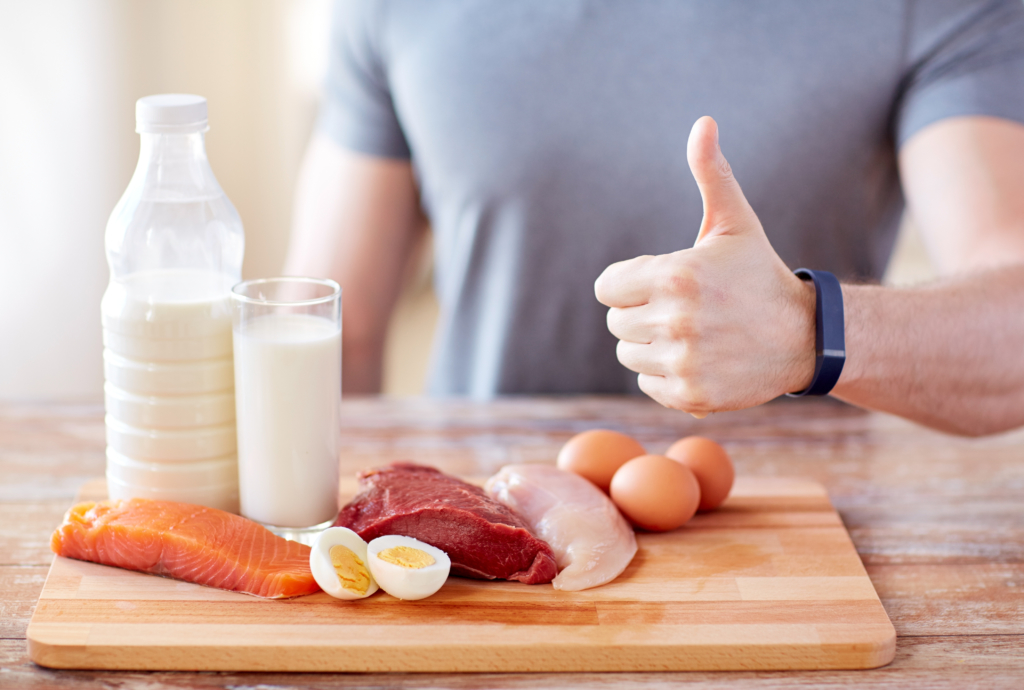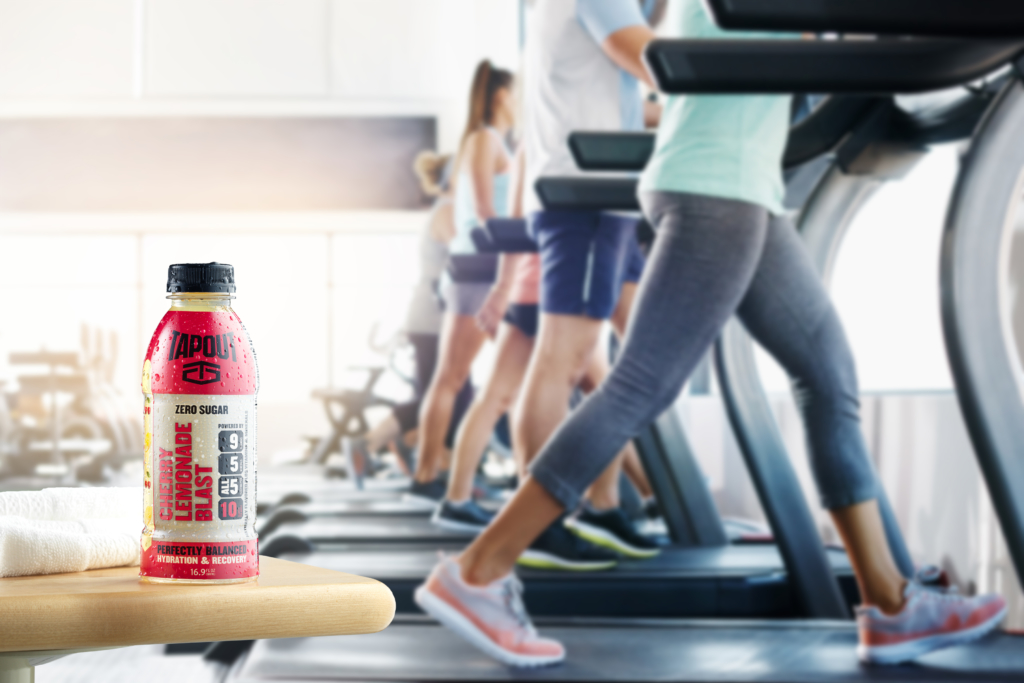
Diets rich in protein are becoming increasingly popular and more and more people are relying on them for weight loss and maintaining a sculpted physique. High-protein diets such as the Atkin's diet, the paleo (or caveman) diet and the keto diet are becoming more and more common, and even high-level endurance athletes are jumping on the high-protein craze.
Are these diets healthy and safe for athletes who expect more out of their bodies? Some studies are beginning to show that the bodies of athletes and dieters alike may need to increase their hydration levels when participating in any of these protein-rich dietary plans.
While there are benefits to increasing your protein intake, there are also potential risks if you don't take care to monitor your diet carefully and ignore the warning signs of dehydration.

The way your body process proteins can strain certain systems and hurt your physical performance. Some potential side-effects of consuming too much protein may include:
- Dehydration
- Weight gain
- Increased risk of heart disease
- Kidney problems
A recent study has shown that even high-performance athletes are at risk when consuming large amounts of protein. Athletes need a more balanced diet to increase their energy stores, and high-protein diets are generally high in fat and low in carbohydrates. Athletes, as well as paleo and keto diet followers, can avoid some of these complications by substituting red meat and other fatty proteins with leaner ingredients such as poultry, legumes, lean meat from grass-fed livestock, eggs and nuts.
While some studies say different things about the benefits and risks of high-protein diets, many experts agree that if you plan on increasing protein you should also increase hydration levels. Drinking more fluids may be the key to maintaining high-performance levels during a high-protein regimen.
Athletes who increase their protein intake to 30-percent or more of their daily caloric intake should also increase the amount of hydrating fluids they consume. When the average athlete of 150 pounds begins a high-protein regimen, they run the risk of having abnormal levels of blood urea nitrogen (BUN). BUN is the indicator used to gauge proper kidney function, and it tells the story about your body's need for fluids. When BUN reaches unhealthy limits, it indicates that athletes and dieters alike are not properly hydrated
If you're just starting a protein-rich diet or have been on one for a while, you may not notice any change in how often you feel thirsty. You may drink just as much water as normal, but as your body processes protein, it will require more fluids. It's a good idea to consume more fluids even if you do not feel overly thirsty.

Water is great for hydration, but endurance athletes on protein-rich diets may not be able to properly hydrate on water alone. When you're dehydrated, your body is craving more than just water. Dehydration strips your body of essential electrolytes such as magnesium, potassium, chloride and calcium. Beyond electrolytes, dehydration also depletes your system of vitamins A, C, D and several from the vitamins in the B group. Water alone cannot fully replenish these vital nutrients.
Whether you're consuming more protein for weight loss or you're an athlete trying to stay in top physical condition, you may wish to substitute an enhanced sports drink to help rehydrate as well as replenish electrolytes, minerals and vitamins.
Tapout sports drinks are trusted by athletes who expect the most out of their performance and need a boost for recovery and rehydration. TapouT contains essential nutrients such as:
- Potassium
- Magnesium
- Chloride
- Calcium
- Sodium
- Vitamins A, C, E, B2, B3, B5, B6, B12
In fact, TapouT is the only major brand of performance drinks to contain
all five electrolytes, 240mg of sodium and nine essential vitamins. High-protein dieters and athletes can quickly and easily replenish these
nutrients as well as rehydrate better than simply drinking water alone.
TapouT comes in a thirst-quenching Citrus Kick created from natural flavors. If you're concerned about sugar levels in performance drinks, TapouT is also available in a 10-calorie, sugar-free Cherry Lemonade.
TapouT beverages are not only for those with protein-rich diets. TapouT performance sports drinks are engineered to rehydrate much better than water and other sports drinks available on the market today.
